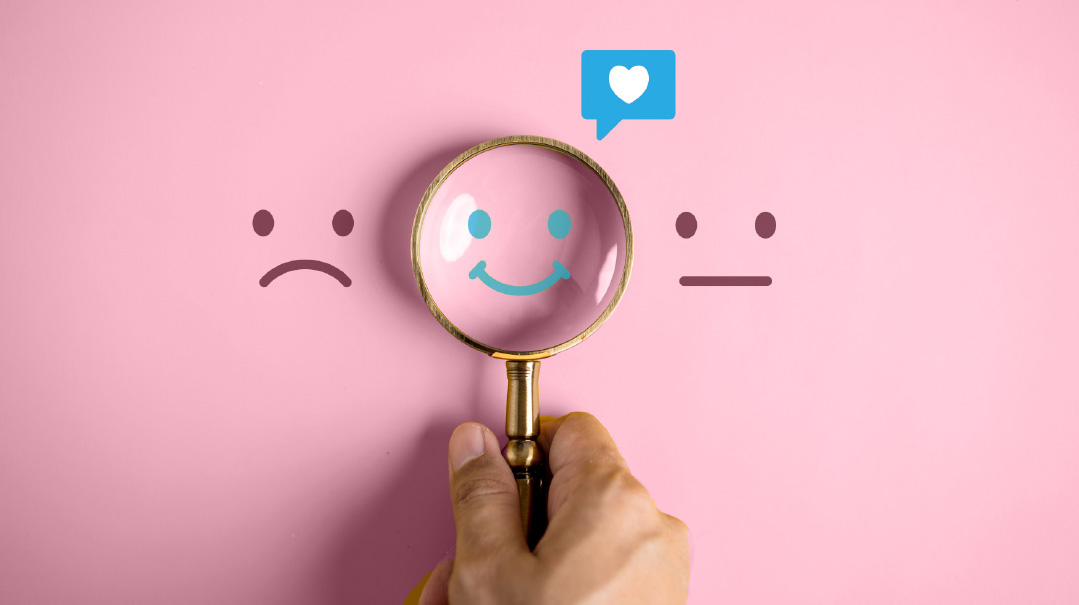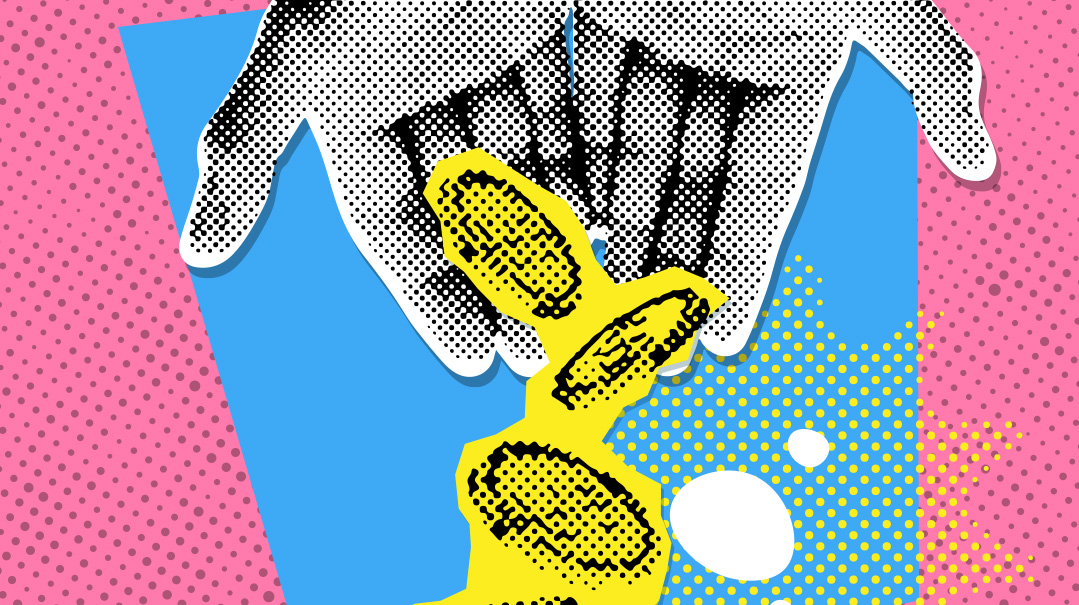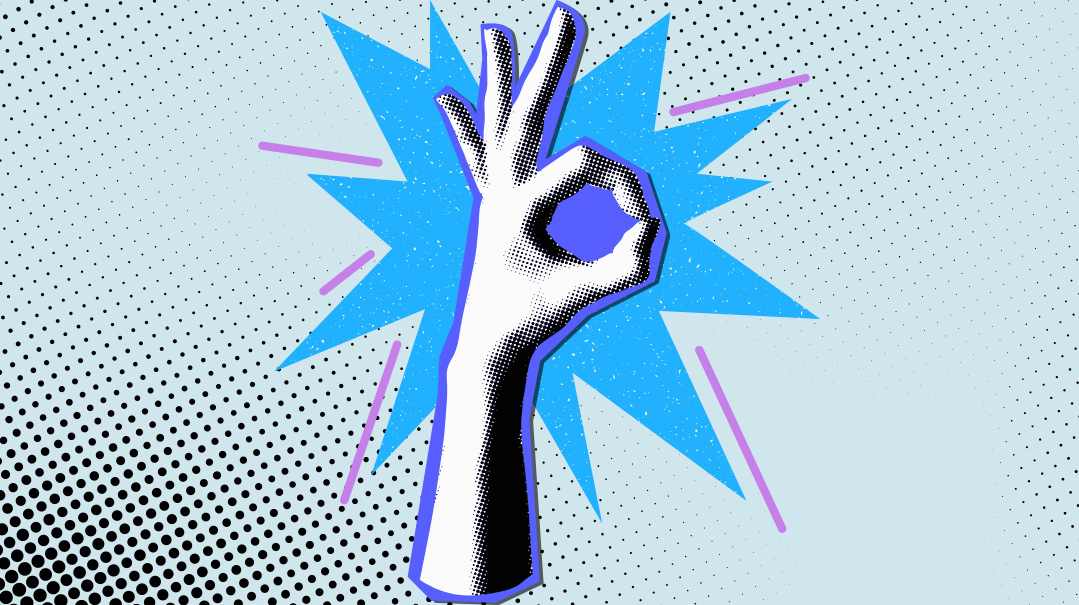Quick Tips: Get Grit
| May 24, 2022Here are five science-backed ways to make yourself grittier

Mindscape
Abby Delouya RMFT-CCC, CPTT
Quick Tips: Get Grit
Developing resilience/grit in our children has received a lot of attention over the past few years. However, how do we bolster our own resilience as adults? Here are five science-backed ways to make yourself grittier:
- Face your fears: Sometimes we avoid necessary events, or even people, because we’re hindered by our fears. Instead of running, face them — using exposure in small doses, or tackle the root of the problem (which, in some cases, may need intervention via trauma treatment with a licensed professional).
- Practice self-acceptance and compassion: Accept suffering with warmth and kindness and try to drop the judgment. Ask yourself: “What would I say to a friend if she was going through this same challenge?”
- Change the narrative: While rumination is a natural outgrowth of a difficult experience, try to reframe: What are the benefits I see in this challenge? What can I possibly learn from it?
- Meditate: Practicing mindfulness can help us stay in the present and tolerate negative emotions more easily. Mindful breathing, eating, and body scan can all help reregulate our emotions.
- Practice forgiveness: Holding on to resentments and grudges is detrimental to mental health. Try to incorporate spiritual awareness here — a gam zu l’tovah attitude can help us forgive and move into a healthier place of acceptance for others and ultimately ourselves.
Disorders Decoded:
Sleep Disorders
There are more than 80 different sleep disorders. These include insomnias, sleep-related breathing disorders (example: sleep apnea), hypersomnias (example: narcolepsy), circadian-rhythm sleep disorders, parasomnias (sleepwalking / night terrors), and sleep-related movement disorders (example: restless leg syndrome).
Sleep disorders can happen on their own or due to comorbidities — such as medical conditions, psychiatric problems, and drug/medication use. Due to the breadth of sleep disorders, if you’re suffering from any sleep disorder, it’s important to seek help from a qualified medical and/or mental health professional as poor sleep hygiene can severely affect physical and mental health.
Relationship Reflections:
When to Share
There’s a difference between keeping secrets and healthy privacy. Being honest doesn’t necessarily mean you must share every thought, dream, fear, or fantasy with your spouse the moment you think of it.
Knowing what, when, and how to share is an important relationship skill. We have the right to privacy as well as the right to spend time alone, enjoying our own company. This can enhance our own sense of self, which can allow us to be healthier, happier, more present spouses. However, information that could affect or, G-d forbid, harm your spouse should be shared. This includes: job problems, addictions, legal problems, lending or owing money, spending habits, unpaid bills, illness / a medical problem, or seeing friends or family secretly.
Additionally, if you notice that when you think about a piece of information you have a strong somatic reaction — heavy breathing, faster heart rate, sweating, etc., that could be a clue that you should share it with your spouse.
In the News
An ever-increasing body of research suggests that the brain affects gut health and vice versa. The gut and brain are connected through the central nervous system, and both are influenced by serotonin. This means that if our gut (abdomens) are healthy, this can positively affect our mental health. Targeted positive mental health nutrition might seriously increase positive mood and decrease anxiety and depression.
Abby Delouya RMFT-CCC, CPTT, is a licensed marriage and family therapist in private practice with a specialty in trauma and addiction. Abby lives in Monsey, NY, and maintains her practice in Canada.
Don’t Tell Me How I’m Feeling!
Zipora Schuck MA, MS
We know good listeners validate others. And validating happens by summarizing what we’ve been told and capturing the emotion we think was conveyed.
“You must be feeling so… “
“Sounds like you’re…”
But sometimes that makes our empathy sound fake or contrived, and the speaker reacts angrily:
“Don’t tell me what I’m feeling!”
“No, I’m not!”
“You’re not my therapist!”
So, is there a better way to offer a validation?
Use the word “That’s.” That’s upsetting, that’s scary, that’s so disappointing… and genuinely feel for them.
Using “that’s” instead of “you,” gives the other person a little more space for their individual emotions and allows for agreement, or clarification, in an atmosphere of understanding.
Zipora Schuck MA, MS, is a NYS school psychologist and educational consultant for many schools in the NY/NJ area. She works with students, teachers, principals, and parents to help children be successful.
The Untold Story
Sarah Rivkah Kohn
Confidentiality means that many in our community never get to tell their side of the story.
That horrible therapist who made those absurd statements in session? That’s possibly what was said. Or possibly it was said in a very different context than the one in which you heard them.
That rav who paskened so differently from what you know? Maybe the sh’eilah was asked the way you think. Maybe it wasn’t.
Leaving room for doubt is leaving room to respect the process and space that is confidentiality. It doesn’t mean you need to discredit what you hear or not take precautions, but do know that there’s a chance you simply don’t know what actually happened.
Sarah Rivkah Kohn is the founder and director of Zisel's Links and Shlomie’s Club, an organization servicing children and teens who lost a parent.
(Originally featured in Family First, Issue 794)
Oops! We could not locate your form.






